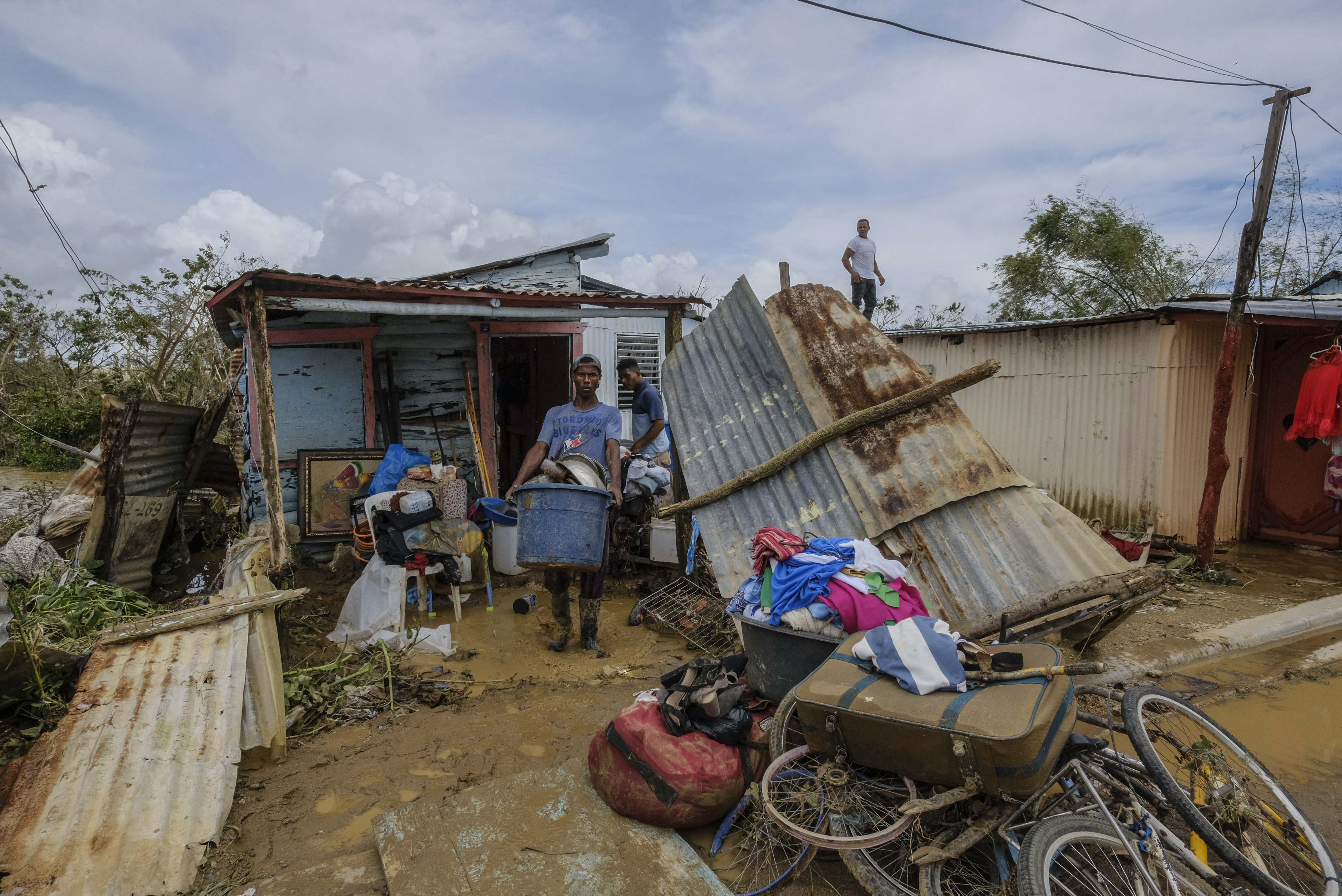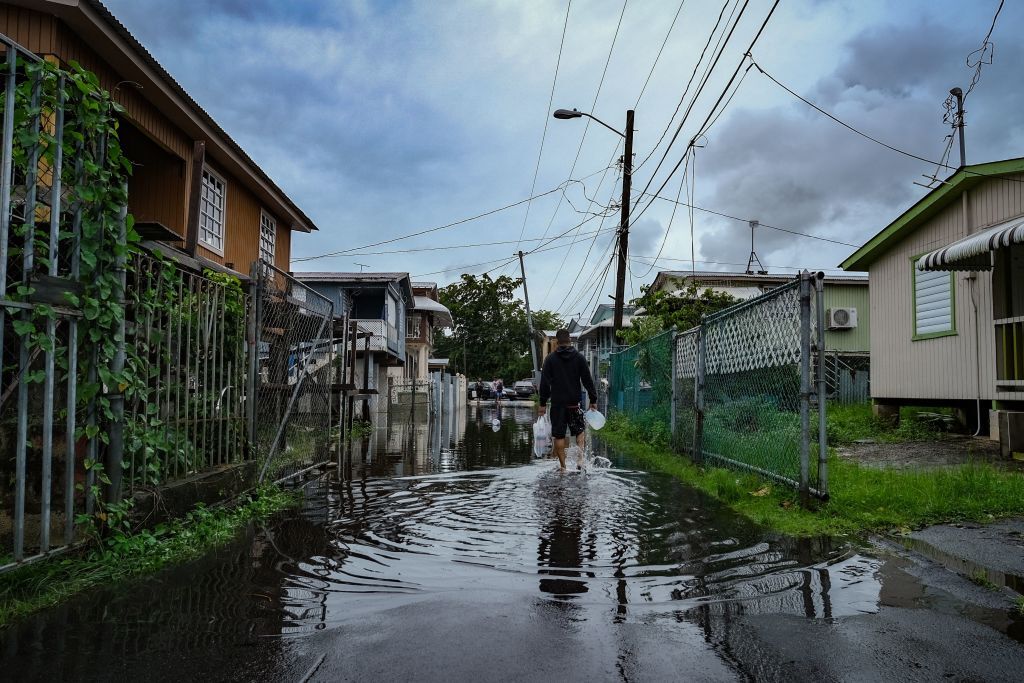Days after Hurricane Fiona hit Puerto Rico, much of the island remains underwater.
Arriving at Boston Logan Airport Wednesday from San Juan, Joanne Diaz is thinking of her mother.
"When I left this morning, she still didn't have no light, and that was going on four days," Diaz said.
"The damage is a lot," Diaz said. "There are places that you cannot pass at all,” said Diaz.
Get New England news, weather forecasts and entertainment stories to your inbox. Sign up for NECN newsletters.
Giancarlo Quizhpi recently moved to Boston from Puerto Rico. He said he had flashbacks to Hurricane Maria, which devastated the island five years ago this week.
"It was pretty bad, and Maria, they never fully recovered, and because of that, I think that's why Fiona was such a problem for us," he said.
"We don't know what happens with these funds that are given to Puerto Rico to rebuild," Melissa Huertas said in Spanish.
Huertas is visiting New England from Puerto Rico.
"We always see that if funds arrive, they say they have done the work, but when these emergencies happen, we don't see that reconstruction that supposedly was done after Maria," she said. "We don't see a robust electrical system, and each day, we pay more for it."
A report published last week by the U.S. Government Accountability Office found that "FEMA has obligated about $32.2 billion in funding for Public Assistance projects in response to hurricanes Irma and Maria. In turn, the governments of Puerto Rico and the USVI have expended approximately $7.7 billion of the Public Assistance obligations as of the same period. About $1 billion of these Public Assistance expenditures were for permanent work projects that support long-term rebuilding, such as rebuilding schools, the power grid, water systems, and other damaged infrastructure."
"There's a lot of controversy over there whether it's either the government and the governor over there, or it's other private sectors, because especially during Maria, we didn't hear about all the help being provided from the U.S., and so the public isn't aware of all the help we did receive but didn't come to our hands," said Quizhpi.
More on Hurricane Fiona
Worcester's acting city manager, Eric Batista, said his family moved from Puerto Rico when he was 7 after Hurricane Hugo hit the island. The city leader said he is engaging with city councilors, United Way and other partners to coordinate efforts to support people impacted by the storm.
"We expect potentially some folks moving to the city of Worcester because of family and friends that they may know, and they're going to need some support, as well," Batista said. "So we're going to try to be as ready as we can be to provide that support."
Quizhpi said he and his partner are among those relocating, seeking stability as they starts a family.
"Once we heard that she was pregnant, that was the main reason we moved over here," he said. "We love the island and the tropical life, but especially for progress and how everything is for the infrastructure, it's way better over here -- especially for, you know, other people, elders and babies and other people that need medical care. If there's no light, their life is in danger."
Omar Rolon was in Puerto Rico five years ago with the Salvation Army.
"Seventy-eight days, we not stop," he said.
Rolon says 50 people have been deployed to Puerto Rico from Massachusetts in response to Hurricane Fiona to help provide meals and other basic needs.
"Meals, water, hygiene, cleaning supplies, all of that is in need right now," Rolon said.
The Red Cross is also on the ground, providing emergency help, making use of some of the resources set up in the five years since Hurricane Maria.
"Thanks to donations that were made, over a million and a half dollars were raised to install solar powered energy in a 160 schools across the island of Puerto Rico," said Holly Grant of the Red Cross. "Over 100 of those schools are currently being used as shelters for those who are seeking shelter from Hurricane Fiona."
In addition to monetary donations, Grant said the Red Cross could also use volunteers and blood donations from people on the island.



